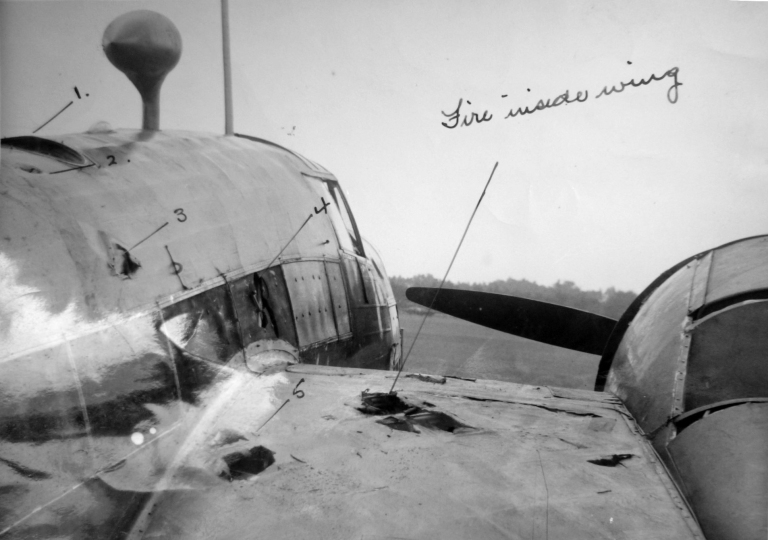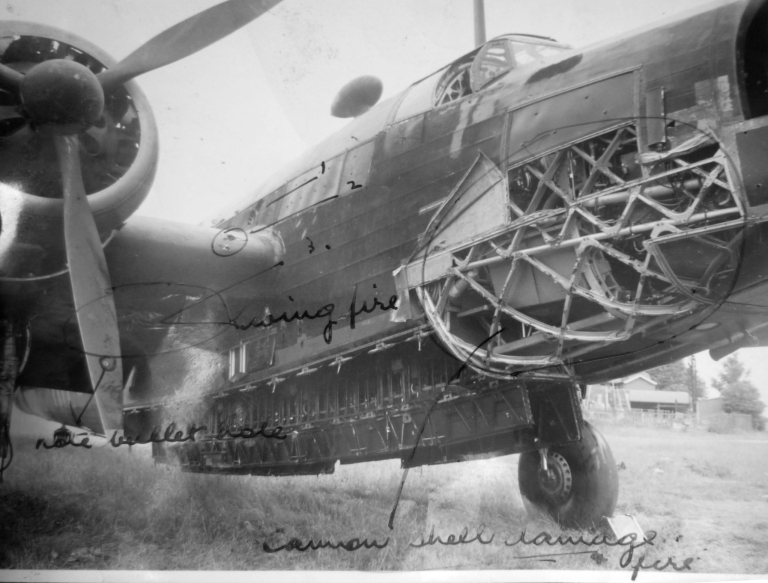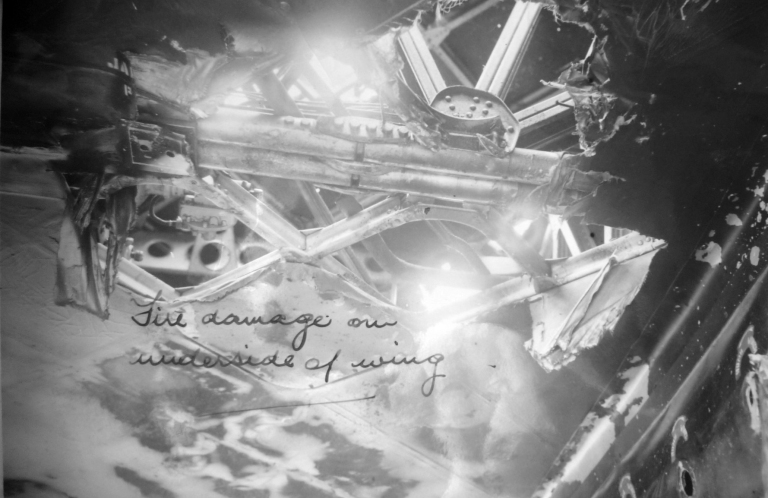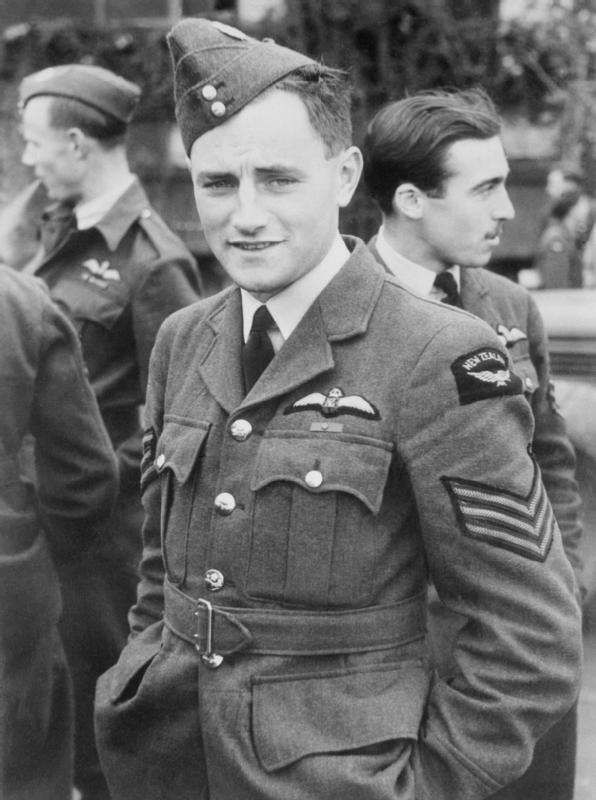Greg Gale
Well-Known Member
@VeraVoulik thanks for posting that video, some very interesting details in there.
I remember watching this, in virtual reality, quite an experience:
I remember watching this, in virtual reality, quite an experience:






